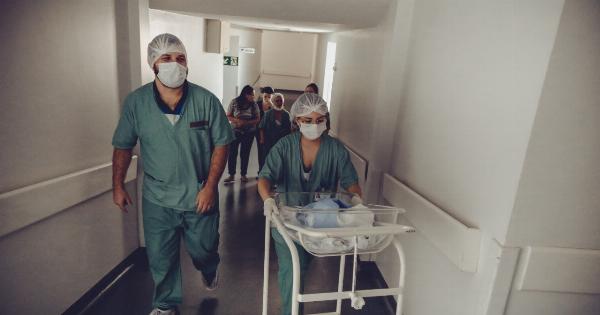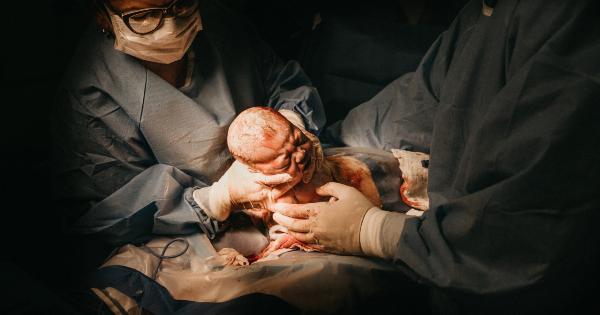Traveling is a great way to explore new places, try new foods, and make unforgettable memories. However, if you have recently undergone open heart surgery, you may be wondering whether traveling is still an option for you.
The answer is yes, but there are certain precautions and measures you need to take to ensure your safety and well-being. In this article, we will discuss what you need to know about traveling after open heart surgery.
Consult with your doctor
The first and foremost thing you should do before making any travel plans is to consult with your doctor. Even if you feel fine, your doctor knows your medical history and can advise you on whether it is safe for you to travel.
Your doctor may recommend that you delay your trip if you have recently undergone open heart surgery. This is because your body needs time to recover, and any physical or mental stress during travel can have adverse effects on your health.
Get a medical clearance
If your doctor clears you for travel, you should obtain a medical clearance certificate. This document is necessary if you plan to travel by air or sea and verifies that you are fit to travel.
The medical clearance certificate should include information about your medical history, the date of your surgery, and any medications you are currently taking.
You should carry this document with you at all times during your trip, as you may be required to present it at immigration or customs.
Choose your destination carefully
When choosing your travel destination, consider your physical limitations and medical needs. It is important to select a place that is easily accessible and offers medical facilities nearby.
You should avoid destinations that require long flights or high altitudes, as this can put additional strain on your heart. Destinations with extreme weather conditions or poor air quality should also be avoided.
Plan your itinerary
While planning your itinerary, keep in mind that you may need to take frequent breaks or rest periods. It is advisable to plan for a slower pace and avoid activities that could cause physical exertion or stress.
You should also research the accessibility of your chosen destination and ensure that your accommodation and transportation arrangements are in line with your physical capabilities.
Take your medication with you
If you are taking medication, you should ensure that you have enough supply for the duration of your trip. It is also a good idea to carry a copy of your prescription, as well as a list of your medications and dosages.
If you need to travel with injectable medication, make sure you have the proper equipment and storage facilities. You should also inform your travel companions or airline staff of your needs before boarding.
Stay hydrated and eat well
It is important to stay hydrated and eat well during your trip. Make sure you carry a water bottle with you at all times and avoid alcoholic and caffeinated beverages, as they can dehydrate you.
When eating out, choose healthy and light meals that are low in salt and fat. You should also inform your waiter of any dietary restrictions or allergies you may have.
Avoid stress and exhaustion
Travel can be stressful and exhausting, especially for someone recovering from open heart surgery. It is important to avoid situations that can lead to stress or exhaustion, such as long queues, delays, or overbooking.
You should also avoid carrying heavy luggage or standing for long periods. If you need assistance, do not hesitate to ask for help from airport or hotel staff.
Stay in touch with your doctor
If you experience any discomfort or symptoms during your trip, do not hesitate to seek medical assistance. You should also keep in touch with your doctor and inform them of your travel plans and any changes in your health status.
After your trip, it is advisable to schedule a follow-up appointment with your doctor to monitor your recovery and ensure that there are no complications.
Conclusion
With the right precautions and measures, traveling after open heart surgery can be enjoyable and safe.
By consulting with your doctor, obtaining a medical clearance certificate, choosing your destination carefully, planning your itinerary, taking your medication with you, staying hydrated and eating well, avoiding stress and exhaustion, and staying in touch with your doctor, you can make the most of your travel adventure.





























